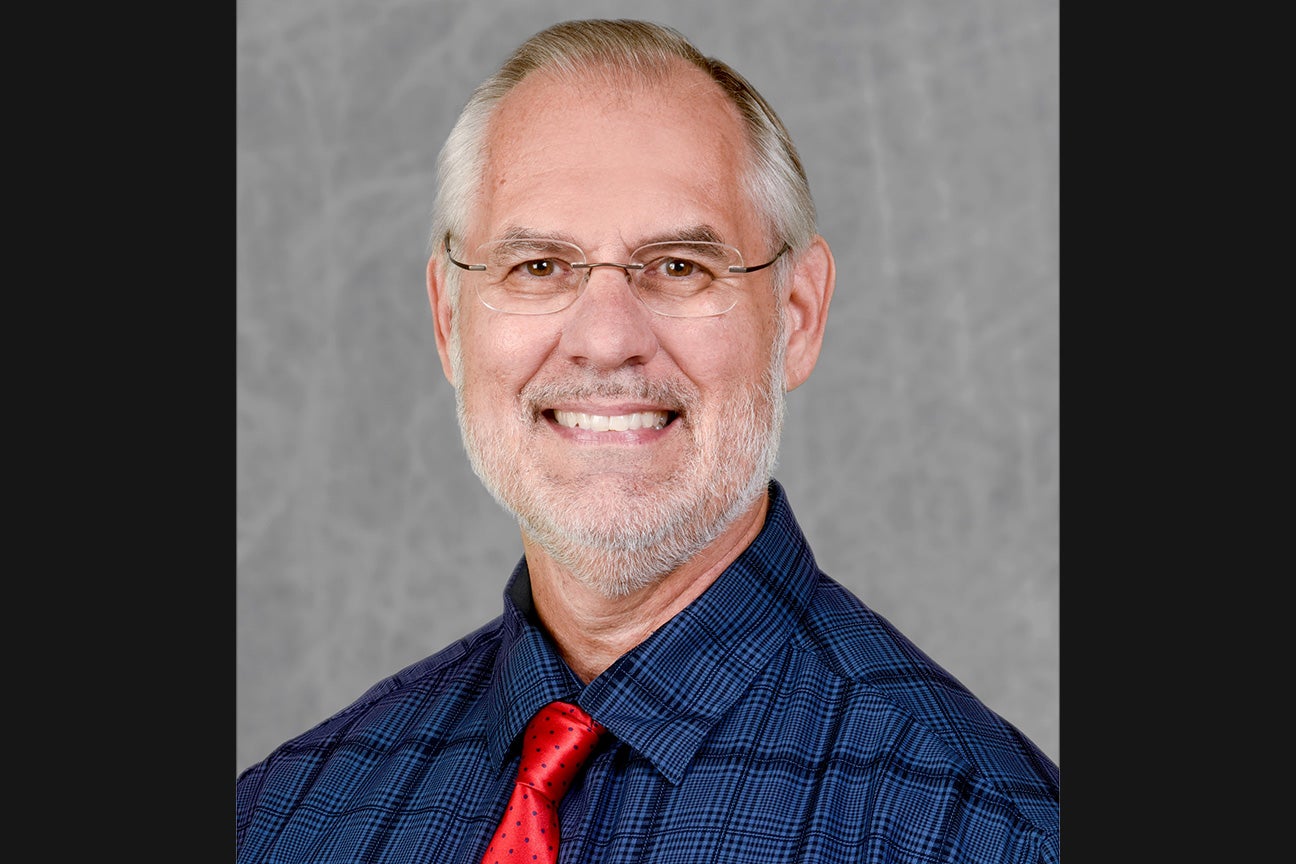Social Security Matters: Ask Rusty – About ‘survivor’ benefits vs. ‘spousal’ benefits
Published 8:59 am Wednesday, May 24, 2023

- AMAC Certified Social Security Advisor Russell Gloor, Association of Mature American Citizens
|
Getting your Trinity Audio player ready...
|
By AMAC Certified Social Security Advisor Russell Gloor, Association of Mature American Citizens
Dear Rusty: I will be 70 in August and will file my application for benefits in May. I know I’ll get my maximum possible amount at age 70, but I need you to clarify things I have read. Per an award-winning TV host, author and host of a money podcast “if the higher-earning spouse delays until age 70 to claim Social Security, that guarantees the survivor the biggest possible benefit.” But then I read in a different article that if a person delays beyond their full retirement age to obtain a higher personal benefit (like I have), my spouse’s benefit would still be based on my FRA benefit amount. I am confused about which statement is the correct version. Signed: Confused About My Spouse’s Benefit
Dear Confused: I’m not surprised that you are confused about these seemingly contradictory statements. It is, indeed, quite logical (and common) for a widow or widower to think they must apply for a “spousal benefit” from their deceased spouse. And while that’s technically true, those of us who live in this often-confusing world of Social Security jargon would say the widow or widower is applying for a survivor benefit, not a spousal benefit. What’s the difference? Well, when you’re speaking with a Social Security representative or an advisor, the term “spousal benefit” means something entirely different than the term “survivor benefit.”
The two articles you mention are, I believe, referring to two different types of Social Security benefit. The term “survivor benefit” is typically used to describe benefits available to a surviving spouse when the higher earner dies, but the term “spousal benefit” is typically used to denote benefits available to a lower earning spouse when both partners are still living. I agree this is confusing, and that distinction was apparently not clear in the articles you read. Therefore, to clear your confusion:
- If the higher earning spouse diesand has delayed claiming until age 70, that does, indeed, “guarantee the surviving spouse the biggest possible benefit.” The survivor’s benefit is based on the full amount the deceased was receiving at death.
- If both spouses are livingand the higher-earning spouse delayed until age 70 to claim, their living spouse’s benefit, when the higher-earning spouse claims, will be a maximum of 50% of the higher-earning spouse’s full retirement age (FRA) amount. A living spouse’s benefit is based on their partner’s FRA amount, regardless of when their partner actually claimed.
So, in your case, your wife’s spousal benefit from you while you are both living will be based on your FRA entitlement, even though you waited longer to claim. But if you die first, your wife’s survivor benefit as your widow will be based on 100% of the amount you were receiving at your death. In effect, both statements you referred to in your question are true considering that they refer to two different benefit types. It is a terminology distinction which frequently causes misunderstanding.
READ ABOUT NEWS AND EVENTS HERE.
SUBSCRIBE TO THE COASTLAND TIMES TODAY!






